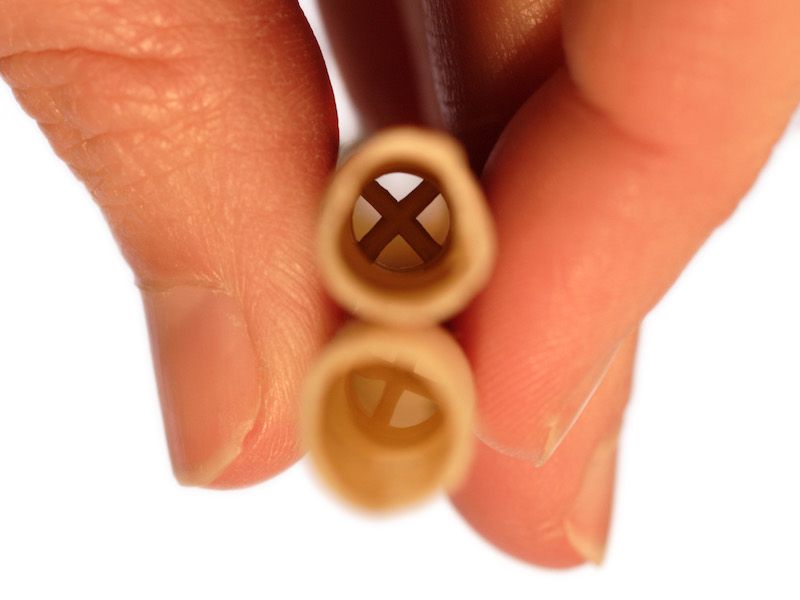
In some communities, the practice called “ear candling” is persistently believed to be a good way to reduce earwax. Does ear candling work and what is it?
Earwax Candles, is it Effective?
Spoiler alert: No. They definitely don’t work.
Why then, does this piece of pseudo-science keep finding its way into the heads of otherwise rational people? That’s a hard question to answer. But even though the logical choice is fairly clear, learning more about the risks of earwax candling will help us make an educated choice.
What is Earwax Candling?
So here’s the basic setup: Maybe you aren’t certain how to eliminate all your built up earwax. You’ve read that it’s risky to use cotton swabs to clean your earwax out. So, after doing some study, you discover a technique called earwax candling.
Here’s how earwax candling allegedly works: By jamming a candle in your ear (wick side out), you create a pressure differential. This pressure differential then pulls the wax out. Any wax that might be backed up in your ear can, theoretically, be pulled out by this amount of pressure. But cleaning your ears this way can be dangerous.
Why Isn’t Ear Candling Effective
This practice has several issues, like the fact that the physics just don’t work. You would need a considerable amount of pressure to move earwax around and a candle just isn’t capable of generating that amount of pressure. Second, creating that kind of pressure difference would call for some kind of seal, which doesn’t happen during candling.
Now, there are supposedly special candles used in this “treatment”. All of the wax that was in your ear can be found within the hollow portion of the candle which can be broken apart when you’re done with your 15 minutes of ear candling. But the issue is you can find this same material in new unburned candles too. So this “validation” is actually nonsense.
Earwax candling has never been proven by science to have any benefit at all.
So we Know Ear Candling Doesn’t Work But Dangerous is it?
What’s the harm in trying, right? Well, whenever you get hot candle wax near your ears, you’re asking for trouble. You might be fine if you try earwax candling. People do it all of the time. But that doesn’t mean there aren’t hazards involved, and it certainly doesn’t imply that ear candling is safe.
Here are some negative effects of ear candling:
- You could cause serious damage when you play around with an open flame and possibly even put your life in danger. Seriously, you could burn your house down. Getting rid of a bit of earwax isn’t worth that amount of risk and danger.
- Once the wax cools down it can block up your ear canal. You could end up temporarily losing your hearing or even requiring surgery in severe cases.
- Your ear can be badly burned. Serious hearing problems and burns can be the outcome of getting hot wax in your ear. This could permanently compromise your hearing in the most serious cases.
You Can Keep Your Ears Clean Without Needing a Candle
The majority of people will never truly have to worry about cleaning earwax from their ears. That’s because the human ear is basically a self cleaning system. But you might be one of those individuals who have an uncommonly heavy earwax production.
If it happens that you have excessive earwax there are methods that have been proven to work safely. For example, you could use a fluid wash. Another solution would be to see a hearing care specialist for an earwax cleaning.
Cotton swabs are definitely a no-no. And open flames are not good either. Earwax candling is a technique that has no benefit and will put your ears, and your whole person, at significant risk of damage and injury. Try burning candles for their sent or for enjoyment but not as a method to clean your ears.
